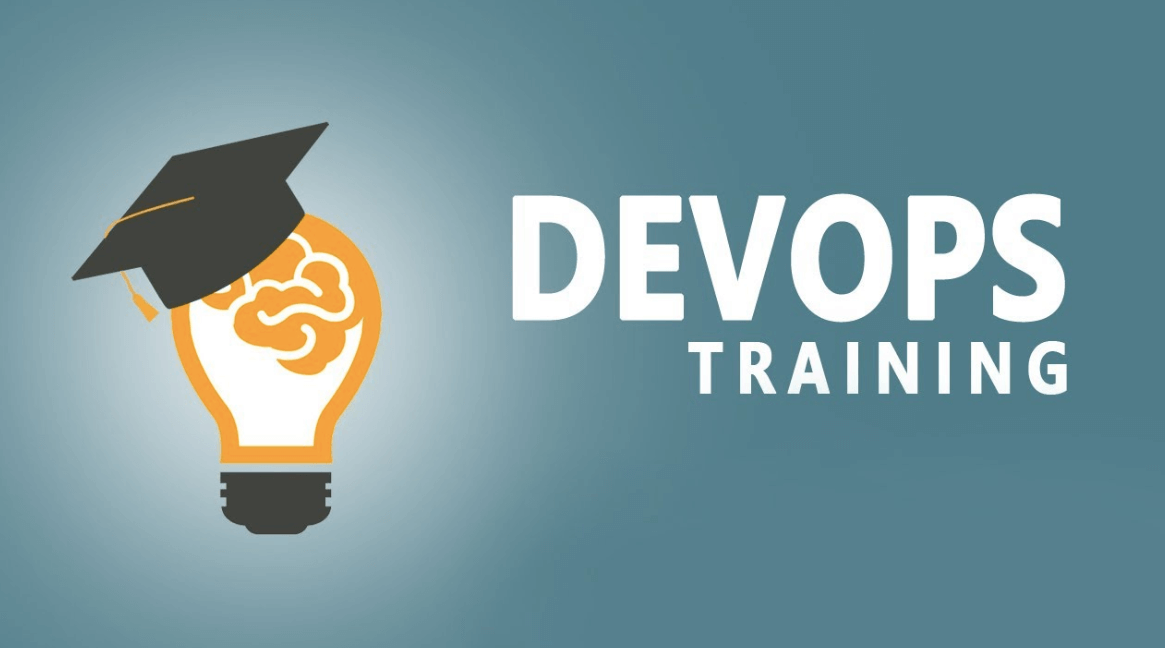DevOps is the most recent rescuer that numerous organizations and specialists use for effective software management. The quicker developmental strategies and increasing demands of the IT business have increased present expectations for ambitious DevOps engineers. Getting proficiency with a standout amongst other DevOps certifications support the candidates to demonstrate and validate their skills. Additionally, it gives them a competitive edge over others and in this way brings better opportunities. Thus, to help the DevOps experts to propel their vocation, here we bring the 10 best DevOps credentials, simply look at the list and pick the one according to your knowledge and skills.
1. DOCKER (Build, Ship and Run your software anywhere)
Docker is getting prominence and its utilization is fanning out quickly. The purpose behind Docker’s gaining popularity is the degree to which it tends to be utilized in an IT organization. Not many tools out there have the feature to get itself valuable to both system administrators and as well as developers. Docker is one such tool that genuinely satisfies its guarantee of Build, Ship, and Runs. Companies already using Docker are UBER, eBay, PayPal, and The New York Times.
Features:
- Scale up to 1000’s nodes.
- Docker container is suitable for any language.
- Zero downtime update.
- Ship the container any place you need, be it QA, your team or even the cloud.
2. SELENIUM (Automation doesn’t kill bugs, People do)
All things considered, Selenium is a portable software testing system for web applications. It gives you a simple interface for running automated tests. Companies already using Selenium are Google, IBM, Salesforce, J.P.Morgan, Cognizant, and Fidelity.
Features:
- Make vigorous, browser-based relapse automation tests and suites.
- It is a free open source tool.
- Works on Multiplatform for testing like Android and IOS.
- Support multiple languages to write test scripts like C#, JavaScript, Ruby, Php, Perl, Python, and Java.
- Simple to build a keyword-driven framework for a WebDriver.
3. GIT (Don’t worry keep updating)
GIT is a version control framework that enables you to follow changes in your record and, by utilizing it you can easily organize the work among your group. It is a free, open-source dispersed version control framework tool intended to deal with everything from little to huge projects with efficiency and speed. It was made by Linus Torvalds in the year 2005 to create Linux Kernel. It has the flexibility, security, performance, and functionality that most individual developers and teams need. Companies presently using GIT are Microsoft, Amazon, Yahoo, Linkedin, and Facebook.
Features:
- It allows distributed development.
- It is a free open source tool.
- Enable pull request.
- Branch workflow.
- Supports a faster release cycle.
4. JENKINS (A tool from developers to developers)
It is an open-source tool written in Java with modules worked for Continuous Integration reason. It is utilized to test and build the software projects constantly making it simpler for developers to incorporate changes to the projects, and making it simpler for clients to acquire a crisp form. It additionally enables you to persistently delivery software by incorporating deployment technologies and a large number of testing. Companies using Jenkins are Linkedin, OpenStack, Pentaho, LUXOFT, AngularJS, and Capgemini.
Features:
- With the help of 1000 plugins, it integrates all your DevOps stages.
- It is a free open source tool.
- Simple start your Jenkins with its WAR file.
- Scripting pipeline having one or more build jobs into a single workflow.
- Multiway communication: CLI, web-based GUI, and REST API.
5. CHEF (Manage your data, roles, attributes, cookbooks, and environments)
A chef is a tool that gives an approach to describe infrastructure as code. IAC (Infrastructure as code) implies that overseeing infrastructure by composing code automating infrastructure as opposed to utilizing manual procedures. It can likewise be named as programmable infrastructure. Chef uses a DSL (Domain Specific Language) for composing system configurations. Companies currently using Chef are Facebook, Mozilla Firefox, HP, and Rackspace. Take DevOps Chef training to get better use of the tool.
Features:
- Works on multiple platforms like FreeBSD, RHEL/CentOS, and AIX.
- It is also an open-source configuration management tool.
- Fast-growing, smart and active community support.
- Simple to integrate with cloud-based platforms.
6. PUPPET (Manage, configure and deploy your servers)
The popularity of Puppet is continuously growing. It is an open-source configuration management tool. It is utilized to automate the method of operating, delivering and inspecting the software through the overall lifecycle with platform independence. Companies already using Puppet are CISCO, JP Morgan Chase & Co, and Raytheon. Take DevOps Puppet training to get better at using Puppet.
Features:
- Another open-source configuration tool
- Dynamic scaling-up and scaling-down of the machine.
- Long commercial track record.
7. Nagios (Keep a track of your logs)
Nagios is an incredible tracking system that empowers you and your association to recognize and resolve IT infrastructure issues before they influence serious business processes. Companies current using Nagios are Comcast, Yahoo, Sony, Toshiba, Siemens, and MTV.
Features:
- Upgrade infrastructure before the system faces failure due to outdated.
- Troubleshoot and monitors server performance problems.
- Fix issues automatically when detected.
8. Ansible (Manage your data, roles, attributes, cookbooks, and environments)
Ansible is an open-source IT Orchestration, Deployment, and Configuration Management tool. It is designed to provide enormous productivity advantages to a wide assortment of automation challenges. Ansible tool is extremely easy to utilize yet ground-breaking enough to automate complex multi-level IT application situations. Companies already using Ansible are Viasat, CapitalOne, and NASA.
Features:
- It is another open-source management tool.
- Agentless and uses easy syntax written YAML.
- Features push configuration.
9. Splunk (Keep a track of your logs)
Splunk is a software platform to visualize, analyze and search the machine-created logs or data accumulated from the devices, applications, sensors, websites, etc. which make up your business and IT infrastructure. Companies using Splunk are CISCO, Facebook, IBM, BOSCH, Motorola, and Domino’s.
Features:
- Ingest data in different file formats.
- Visualized, analyze, store and search the machine-generated data.
- Oversees business metrics to get log intelligence.
- Make information objects for operational insight.
10. ELK Stack (Do not miss out important insights from your logs)
ELK is a mixture of three strong, open-source tools (Kibana, Logstash, and Elasticsearch) used to gather insights out of your data or logs.
Features:
- Multiple plugins open-source tool.
- Real-time search.
- Analyze and collects logs from an excel workbook to a server or database.
- Supportive and active discussion forum.
- Easy to deploy, lightweight tool.




